Prime Minister Sheikh Hasina reiterated her desire for free, fair, and neutral upazila elections, emphasizing the importance of allowing people to elect their representatives without influence.
Speaking at a media briefing on the outcome of her recent six-day official visit to Thailand at her Ganabhaban residence, she expressed the need for uninfluenced electoral processes, ensuring that winners are chosen based on the people's will. Sheikh Hasina underscored her government's commitment to making the electoral process more transparent and pro-people.
She highlighted legislative initiatives to bolster electoral integrity, including the establishment of an independent election commission and allocating separate funds in the budget to ensure its financial autonomy. Reflecting on the recent parliamentary elections, she touted it as the freest, fairest, and most neutral in Bangladesh's post-1975 history, despite attempts to disrupt the process.
The Prime Minister criticized political parties advocating for election boycotts, asserting that such actions stemmed from their own weaknesses rather than a principled stance. Without naming specific parties, she highlighted their lack of credible leadership and resultant electoral disengagement.
Responding to questions about leftist parties' stances, Sheikh Hasina questioned their alternatives for governance and cautioned against destabilizing the country without viable successors in mind.
She affirmed the continuity of the 14-party alliance led by the Awami League, pledging to celebrate the party's 75th anniversary with international participation.
Addressing concerns about the country's development narrative, she defended her government's achievements, citing tangible progress in healthcare, education, and infrastructure. She urged citizens to reflect on the nation's transformation over the past 15 years, emphasizing improved living standards and socio-economic indicators.
Regarding ongoing heatwaves, she advised precautionary measures and highlighted her government's efforts in distributing essentials to mitigate adverse effects.
She condemned developed nations' failure to fulfill climate finance commitments, urging them to prioritize environmental preservation over arms expenditures.
Reflecting on her Thailand visit, Sheikh Hasina hailed the strengthened bilateral ties, particularly in trade, agriculture, and tourism. She sought Thai investment in Bangladesh's economic zones and cooperation in Rohingya repatriation efforts.
She criticized US actions against Palestinian solidarity protests, emphasizing the need for global solidarity against human rights violations.
In conclusion, Sheikh Hasina reaffirmed Bangladesh's commitment to regional cooperation and economic diversification, positioning the country for sustained socio-economic growth.



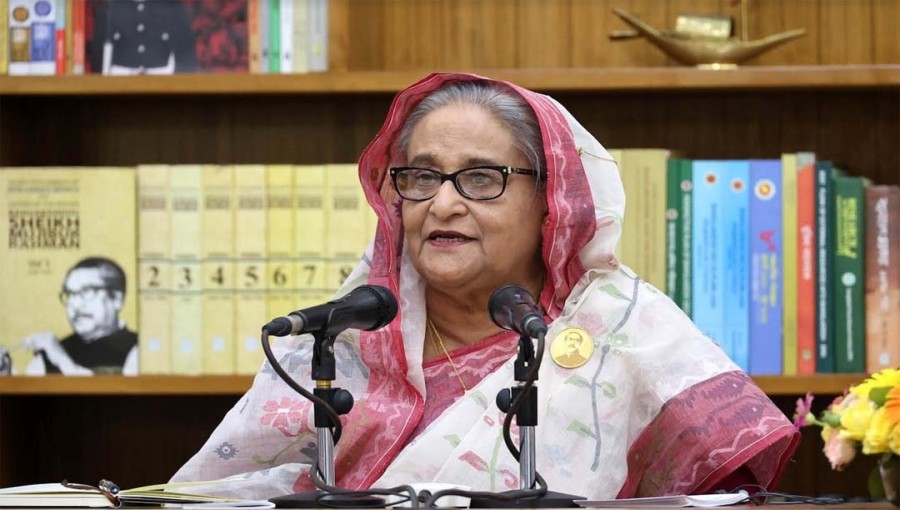
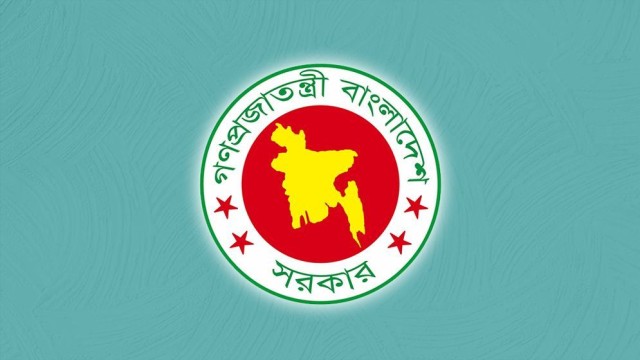
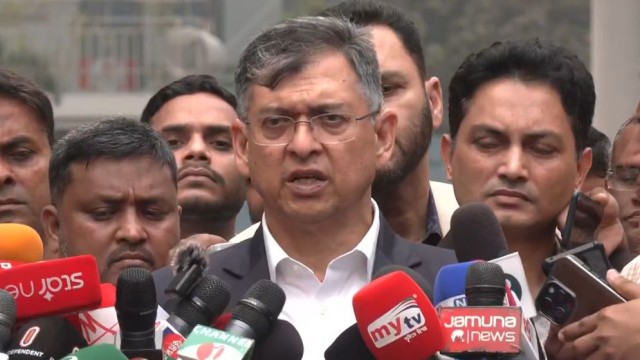
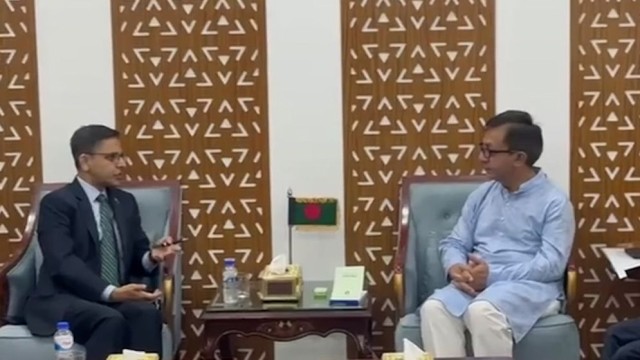
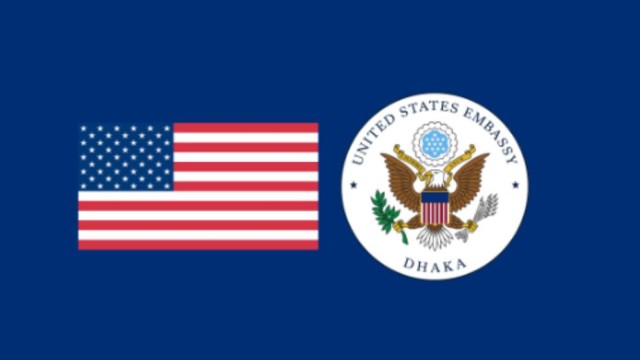
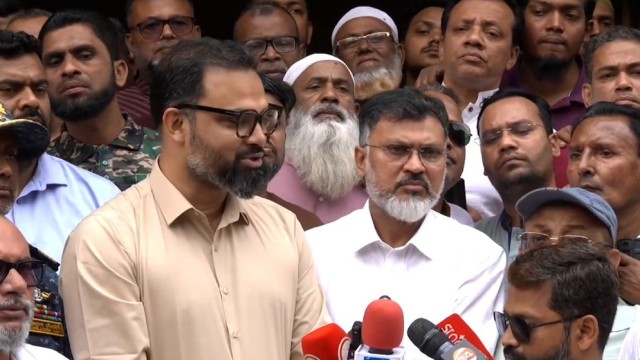

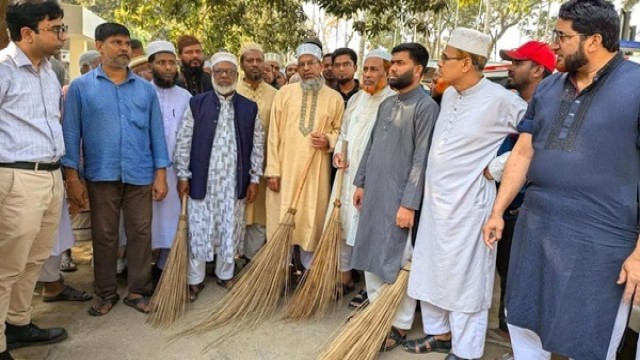
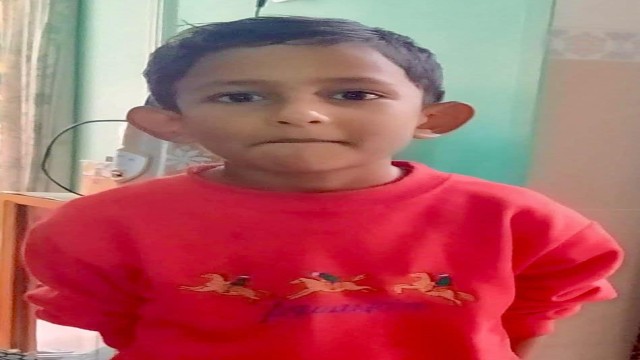
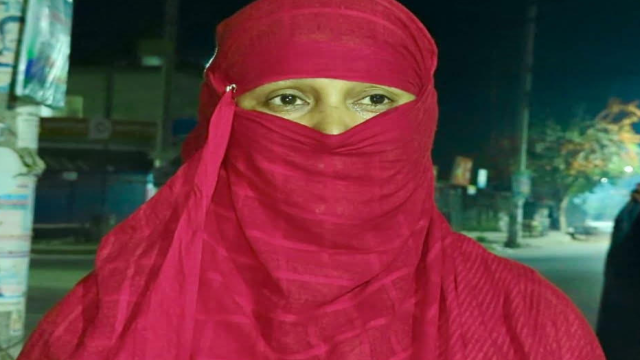
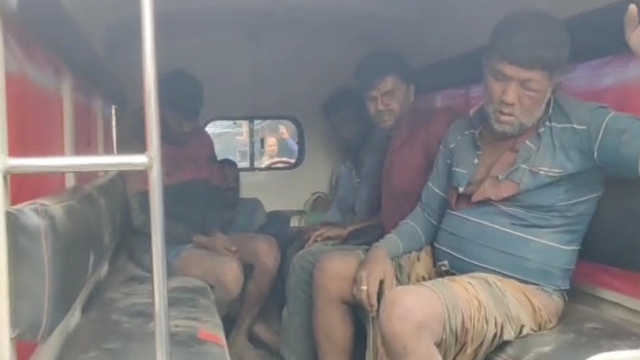
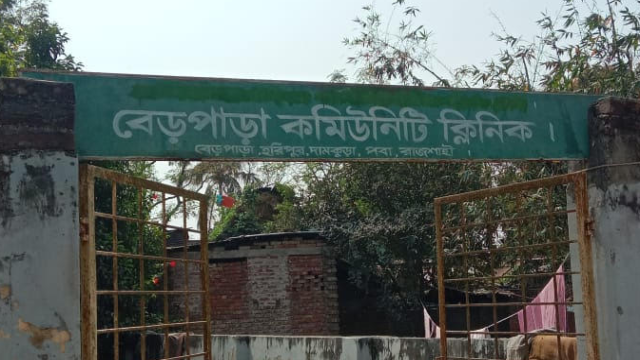
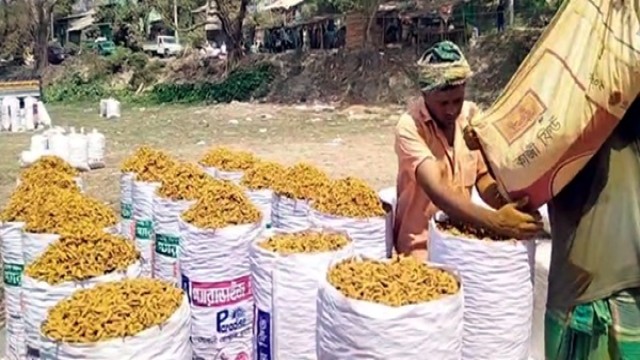


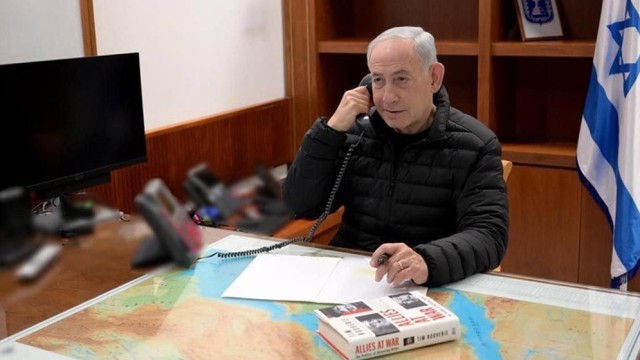
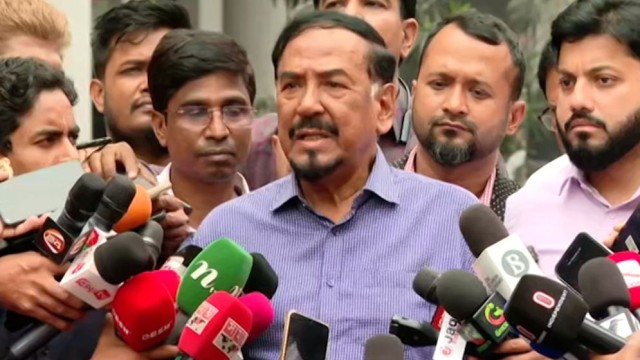








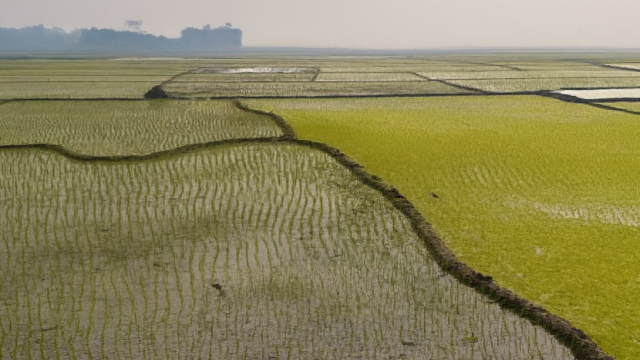

Comment: